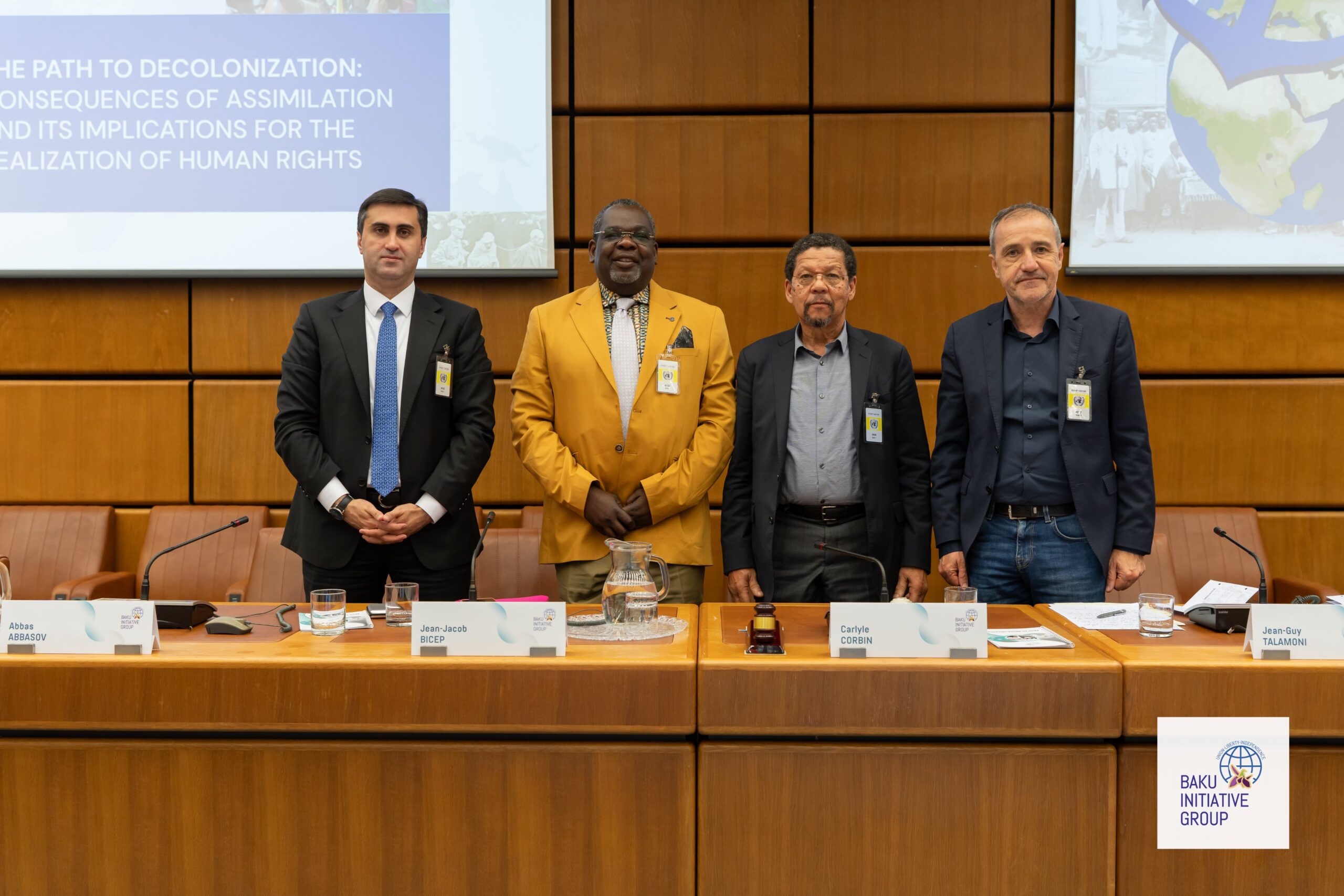Artificial intelligence and climate change may well be the two biggest determining factors in how human beings will live and work in the decades to come – the key pillars upon which both environmental and economic survival and prosperity can be built.
Ahead of the pivotal COP29 in Azerbaijan this November and COP30 in Brazil next year, these two conversations are increasingly taking place in the same room, as policymakers and business leaders look to harness AI’s transformative capabilities to provide global climate solutions.
With innovative climate technologies and AI becoming ever more prominent in international sustainability negotiations, World Climate Foundation CEO Jens Nielsen headed to the Web Summit in Rio last month to join policy, tech, and industry leaders in highlighting opportunities to advance climate technology and policy reform.
AI is already making its mark in combating climate change through a range of existing tools, from predicting weather, tracking icebergs, or identifying pollution hotspots to boosting the efficiency of recycling systems and active reforestation.
And the possibilities for further innovation appear limitless. Google’s DeepMind is currently building a wish list of data sets that would accelerate global AI-based climate change solutions.
For AI innovation to flourish at the scale and pace needed to tackle the planet’s myriad climate challenges, two practical forces must come into play – collaboration and financing. Both are focal points for the upcoming COP.
In April, the Bezos Earth Fund announced a new AI for Climate and Nature Grand Challenge that will award up to $100 million in grants to organisations and companies bringing forward innovative AI-driven climate solutions.
The initiative aims to inspire collaboration between those at the forefront of climate and nature research and leading AI technology providers. Applications open this month, with the first round of funding focusing on sustainable proteins, biodiversity conservation, and power grid optimisation.
“AI may have the potential to solve some of our biggest problems, and we’re calling on the planet’s brightest problem solvers to bring their visionary ideas to the table,” the Fund’s Vice Chair Lauren Sánchez said.
By Dare Akogun








